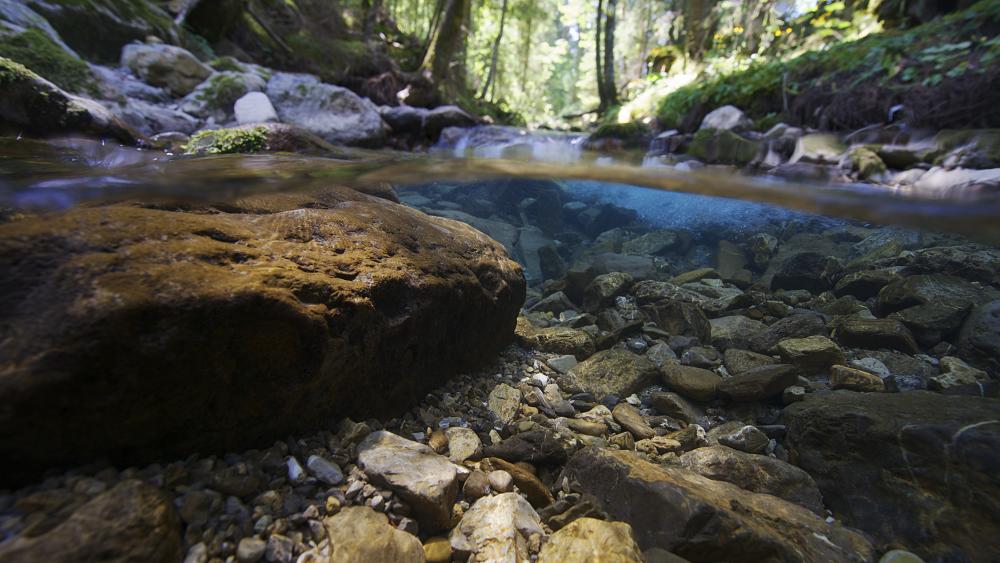
Freshwater biodiversity, an essential foundation of life for nature and humans, is severely threatened. | Photo: Michel Roggo
"In contrast to terrestrial or marine ecosystems, the loss of biodiversity in inland waters has hardly been in the public and political focus so far. Yet time is pressing, since inland waters can only fulfil their diverse functions as habitats and key resources if they are consistently protected, sustainably managed and ecologically improved," explains IGB scientist Prof. Dr. Sonja Jähnig, co-author of the IGB Policy Brief published today. According to the research-based assessment, the current state of inland waters shows that practice is still far from this. "It is crucial that a rethink takes place now in politics and administration," IGB scientist and coauthor Dr. Christian Wolter also emphasises, adding: "Our lives and our society depend on inland waters and their biodiversity. Water policy is not an additional burden or luxury, but should be understood as a necessary precautionary policy to secure a sustainable future for humans and nature."
In order to achieve this, the scientists recommend that the German federal policy should play a more active role, support the federal states and municipalities, and also should push forward freshwater-related biodiversity policy at the international level. Politicians and administrators should also urgently address the large implementation deficit of the European environmental legislation in Germany.
The IGB researchers' seven recommendations for action are:
- Create more space for flowing waters
- Restore the continuity and connectivity of river systems
- Avoid, reduce and realistically price water pollution
- Develop an integrative strategy for watercourse management
- Establish decision-making and balancing procedures for conflicting goals between protection and use
- Better implement existing environmental legislation and prioritise the protection of aquatic biodiversity as a cross-sectoral goal
- Make data and information on aquatic biodiversity publicly available
These recommendations for action are explained in more detail in the IGB Policy Brief "Biologische Vielfalt in Binnengewässern – bedrohte Lebensgrundlagen von Natur und Mensch besser schützen". Because the text focuses on German policymaking and the upcoming elections, the document is currently only available in German. The document can be downloaded free of charge and also redistributed.







